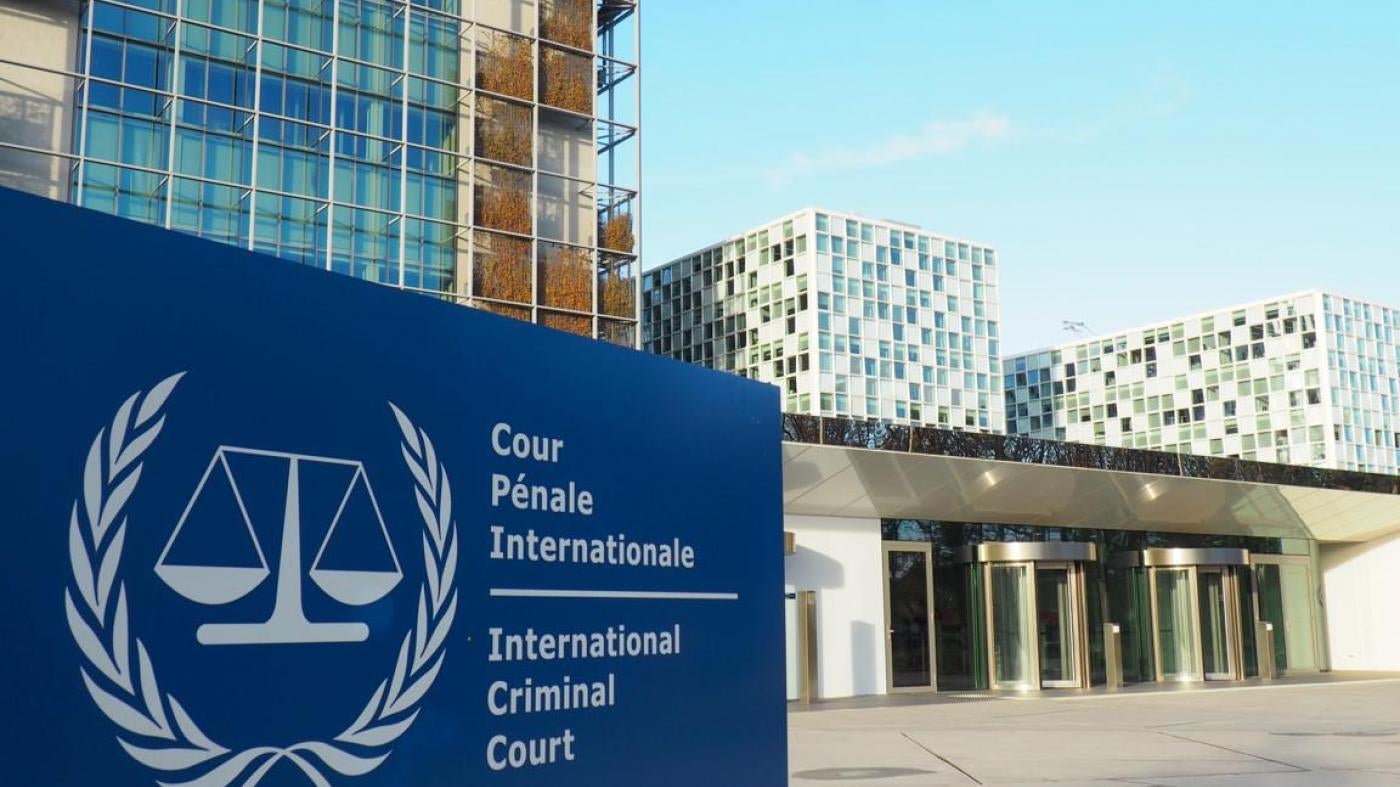
The International Criminal Court (ICC) is not a court many Americans know about. People may talk about sending officials who commit crimes to “The Hague,” but many do not understand what that means or how it happens. But for children around the world who are victims of atrocities such as war crimes, genocide, and crimes against humanity, the ICC is an important avenue for justice. However, the Trump administration has targeted this court with harmful rhetoric and sanctions. In doing so, the administration may be depriving the world’s child victims of justice.
In 1998, 160 countries came together in Rome to establish the ICC. The United States was among them. At the end of that conference, 120 countries signed a treaty called the Rome Statute, and the ICC was born. Its mandate? To be a permanent court of last resort, investigating and prosecuting individuals “for the most serious crimes of international concern”— war crimes, genocide, and crimes against humanity. The United States has signed the treaty, which indicates support of the institution, but is not a member state, which would have required Congress to ratify it.
The Rome Statute explicitly gives the ICC jurisdiction over international crimes against children, including the use of child soldiers, the forcible transfer of children from one national, ethnic, racial, or religious group to another, attacks against educational buildings, and gender-based violence. The Rome Statute integrates the consideration of children in the court’s procedures, including electing judges and appointing advisers with legal expertise on violence against children. The court’s first trial, in 2009 against Thomas Lubanga Dyilo of the Democratic Republic of Congo (DRC), exclusively addressed charges of child conscription in hostilities, and many individuals have since been charged for using child soldiers. The ICC has also tried several defendants for gender-based violence against girls in the DRC, Uganda, and Sudan.
The current ICC prosecutor Fatou Bensouda has worked to elevate the issue of crimes against children and has taken steps to specifically consider these crimes. Since 2012, she has worked with Diane Marie Amann, the prosecutor’s special adviser on children in and affected by armed conflict. In 2016, Bensouda launched the ICC Policy on Children, pledging that every ICC investigation will consider crimes against and affecting children.
Though the United States is not part of the ICC, it has historically supported the court’s mission. But under the Trump administration, support has turned into contempt. As the ICC prosecutor and trial chamber have continued to investigate alleged war crimes by U.S. officials in Afghanistan, administration officials have called the court “illegitimate” and “dead.” Those words turned into action in 2019 when the State Department revoked Bensouda’s entry visa, preventing her from reporting her work at the United Nations. In June 2020, President Trump signed an executive order authorizing sanctions against ICC personnel and any individuals who directly engage with the ICC. Since the Executive Order, Secretary of State Mike Pompeo has sanctioned Bensouda and the court’s head of jurisdiction Phakiso Mochochoko.
These sanctions directly affect access to justice for children. The number of countries experiencing violent conflict is the highest it has been in 30 years, and children have paid the highest price. In 2019, parties to armed conflicts committed more than 170,000 grave violations against children. When countries are unable or refuse to hold perpetrators of grave crimes accountable, the ICC provides another avenue to ensure that they face consequences for those crimes. The U.S. should champion, not undermine, this important work.
The administration’s executive order and sanctions not only directly impact the ICC, but also affect advocates who support the court’s work. U.S. human rights lawyers have sued the Trump Administration over the executive order, stating that it infringes on their right to free speech and has forced them to stop research, presentations, and communication with the ICC in support of victims. Amann, the special adviser on children, noted that since the prosecutor was sanctioned, “I have refrained from giving her any advice,” “withdrawn from public presentations,” and “refrained from engaging student research assistants to assist me in work in the subject area,” for fear that she also will be sanctioned. Many other human rights advocates, including those working on behalf of children and families, are likely to be similarly wary of continuing to engage with the ICC.
This aggressive anti-ICC stance is harmful and unnecessary. The United States has historically supported international criminal justice — from Chief Justice Robert H. Jackson’s role as Chief Prosecutor for the U.S. at the Nuremberg trials to the Obama Administration offering rewards and supporting the transfer of indicted defendants to the ICC. Polls show that an increasing number of Americans support the work of the ICC and think that the United States should either join or support it. Now is not the time to cripple an entity seeking to bring justice to those who need it most.
Even if the U.S. government does not wish to join the ICC, it can and should rescind sanctions against ICC personnel, rescind the executive order that has had a chilling effect on advocates seeking justice for victims of the worst crimes, and robustly support the efforts of the Court to hold accountable perpetrators of war crimes, crimes against humanity, and genocide. The United States must let child victims of the gravest crimes know that we stand with them and stand for accountability for those who harm them.